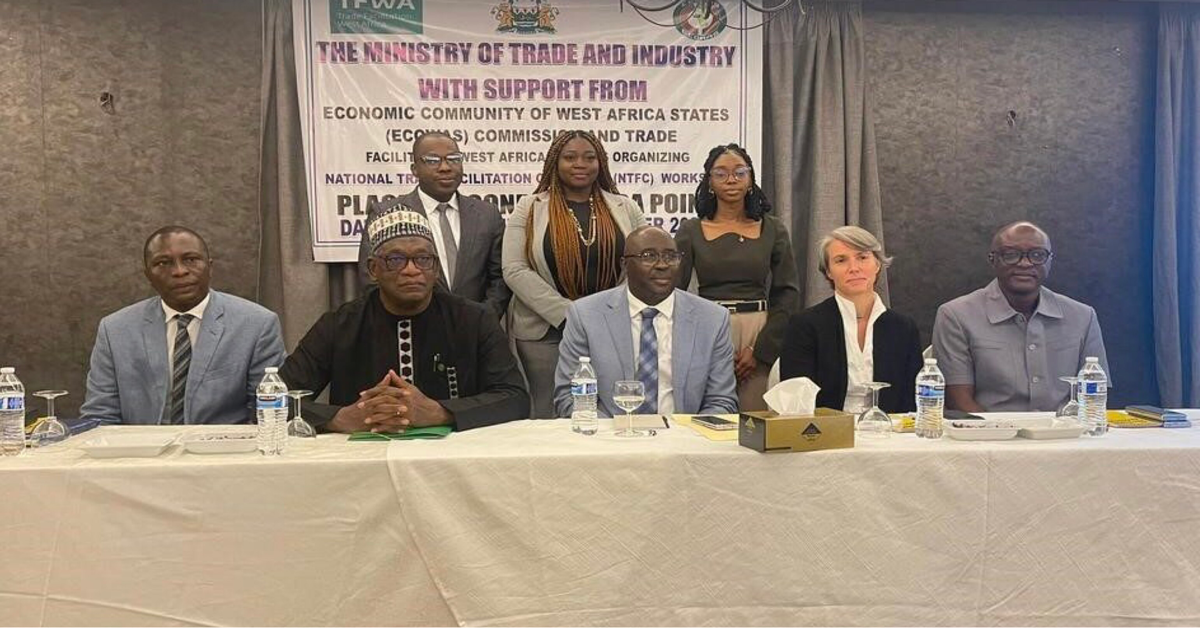The Ministry of Trade and Industry and its partners team up to facilitate a two days workshop for the National Trade Facilitation Committee (NTFC).
The workshop that involved partners like the ECOWAS Commission and Trade Facilitation West Africa (TFWA) concluded on the 1st of October 2024 was geared towards the advancement of Sierra Leone’s efforts to improve trade facilitation, aimed at lowering business costs and risks while increasing the country’s competitiveness in the market.
At the last session, Alpha Ibrahim Sesay, the Minister of Trade and Industry, underscored the Ministry’s strong responsibility to create a business-friendly environment.
He accentuated the importance of collaborating with organizations like the World Bank, ECOWAS, and TFWA. The Minister also mentioned two ongoing projects—the Integrated Risk Management Framework and the Time Release Study—which are expected to be completed by December 2024.
The workshop aims to strengthen the skills of NTFC members to ensure that Sierra Leone complies with two important international agreements: the World Trade Organization Trade Facilitation Agreement (WTO-TFA) and the African Continental Free Trade Area (AfCFTA). These agreements provide great opportunities for Sierra Leone to access larger markets, simplify trade processes, and improve its competitiveness both regionally and globally.
Minister Sesay encouraged all participants to engage actively in discussions about key priorities, such as simplifying and modernizing trade processes. This workshop aligns with President Julius Maada Bio’s Big Five Agenda, particularly focusing on Human Capital Development. The goal is to empower trade stakeholders and customs officials with the necessary skills to promote economic growth, support small and medium enterprises (SMEs), and create job opportunities.
In his closing remarks, the Minister expressed his gratitude to ECOWAS and TFWA for their ongoing support. He urged all participants to take full advantage of this workshop to ensure that Sierra Leone’s trade system becomes more efficient, transparent, and competitive, positioning the nation for success in the global marketplace.











